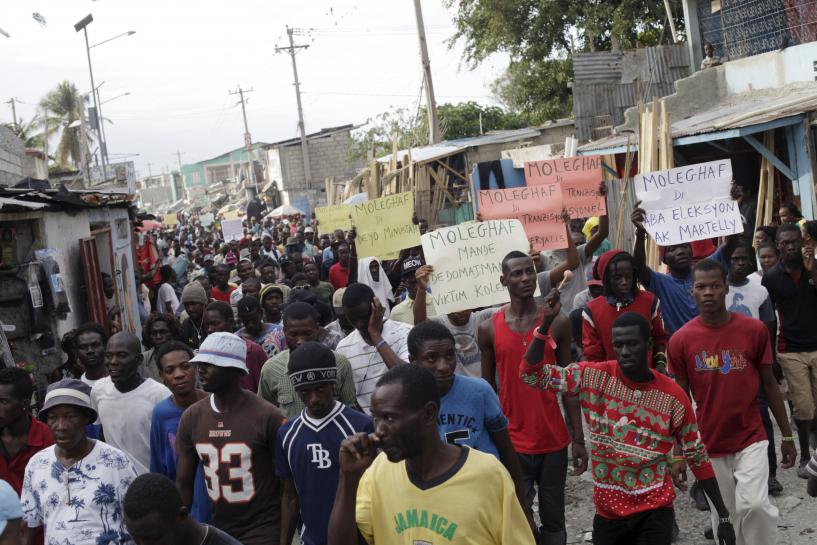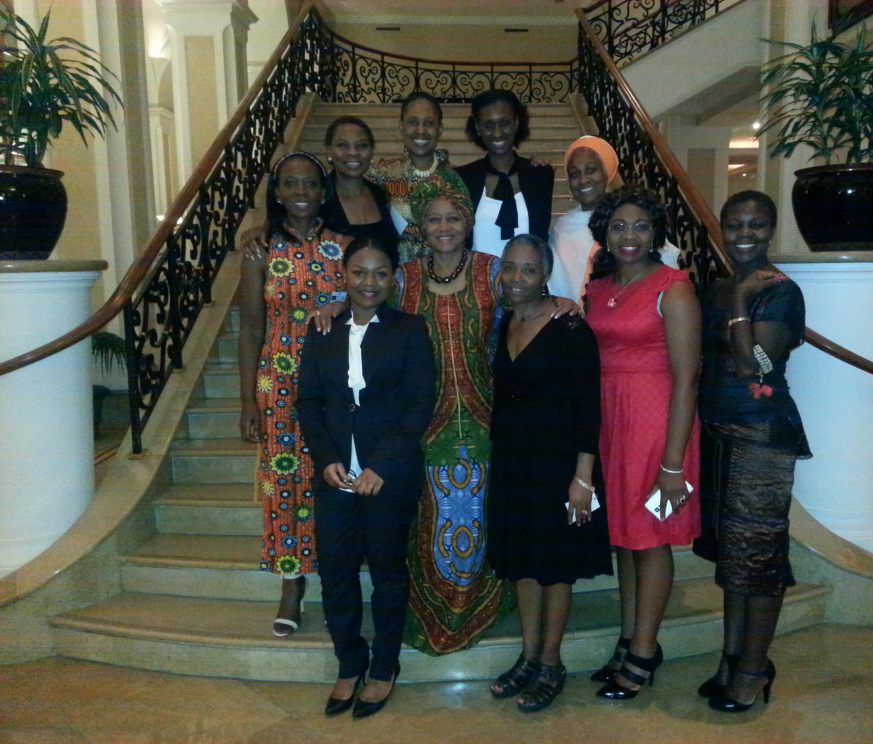In the final round of Central African Republic’s presidential run-off election holding on Sunday, two former Prime Ministers, Anicet-Georges Dologuele, and Faustin-Archange Touadera will face off in the election which is expected to restore peace in the country, the constitutional court has recently said.
In the first round of voting on Dec. 30, Dologuele won 23.74% of votes cast, while Touadera won 19.05%. There were 1.3 million valid ballots cast out of an electorate of nearly two million, according to reports. Central African law requires a second round of polls if no candidate wins an outright majority in the first round.
The 58-year old Dologuélé had served as prime minister of the Central African Republic between 1999 and 2001 and was very popular for his efforts to clear out theft and corruption in the country. He was subsequently president of the Development Bank of Central African States for several years; a post that experts say makes him one of the more credible candidates at leading the country out of a political and economic crisis. Dologuélé founded the Central African Union for Renewal political party in 2013.
The first-time presidential candidate is backed by the Kwa Na Kwa (KNK), the political faction of ousted President François Bozizé, who was barred from running in the on-going election. Dologuélé’s election campaign boasts his peaceful past and good record on cleaning up public finances.
Touadera, also 58, was not considered one of the favourites among the 30 candidates running for president, but he still amassed a significant amount of votes. His decision to run as an independent candidate may have helped distance him from the country’s recent violent past in the eyes of the voters, Newsweek reported. The former math teacher and vice chancellor of the University of Bangui served as prime minister between 2008 and 2013 under Bozizé, who was removed from power by a mainly Muslim rebel alliance known as Seleka. The Central African Republic has been enmeshed in a deadly conflict ever since.
The Seleka eventually ceded power amid international pressure to form a transitional government, which was tasked with steering the nation to elections. However, the conflict opened a security vacuum and triggered an on-going wave of revenge attacks by Christian militias, leading to a vicious tit-for-tat cycle of sectarian violence. Some 400,000 people have fled their homes in Seleka-controlled areas, while another 460,000 have sought refuge in neighboring countries.
Two Ex-PMs Go Head-To-Head In CAR Presidential Run-Off
26/01/2016- 0



